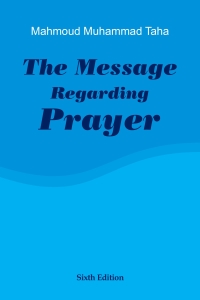The Merit of Monotheism
Through the principle of monotheism (Tawhid), Islam has resolved the apparent contradiction, at first glance, between the individual’s need for absolute individual freedom and the community’s need for comprehensive social justice. It has successfully aligned these two needs into a harmonious system, where the individual's pursuit of absolute freedom extends seamlessly into the collective’s pursuit of justice. Put differently, Islam has made the organization of the community a means to achieve individual freedom.
This remarkable harmonization is possible because Islamic legislation operates on two levels: the level of the collective and the level of the individual. Legislation at the collective level is known as the jurisprudence of transactions (mu’amalat), while legislation at the individual level is known as the jurisprudence of worship (‘ibadat). The defining feature of transactional jurisprudence is that it governs relationships between people, while the defining feature of worship jurisprudence is that it governs the relationship between the individual and the Creator.
However, this does not mean that these two forms of legislation are isolated from one another. Rather, they are two complementary aspects of a unified system of law, with one unable to exist without the other. Transactional jurisprudence, in a sense, represents worship at a coarser level, while the jurisprudence of worship represents transactions at a refined level. This is because the emphasis on individualism is more pronounced in acts of worship than in transactions.

